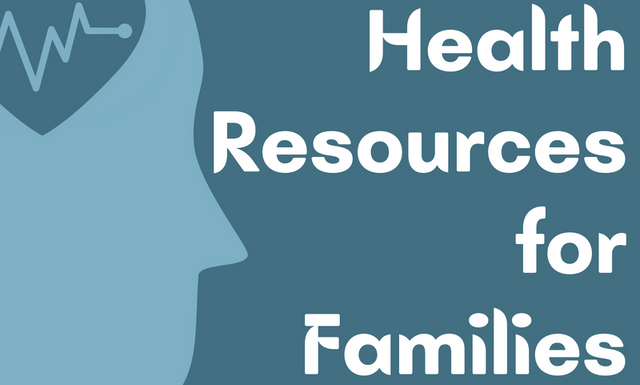Mental Health Resources for Families

Office of Student Services - Pupil Personnel Services (PPS)
The following resources are available to help parents/guardians with addressing the emotional reactions and concerns of their children or loved ones after traumatic events. It is important to note that these resources are intended to be a guide for facilitating conversations about school safety, crisis, and violence in a developmentally appropriate manner.
When talking to your child(ren) about a tragedy, please keep in mind the following guidelines:
Children may have trouble sleeping and behave in an unusual manner while trying to process a tragedy. The National Children's Medical Center (NCMC) recommends contacting a pediatrician, a school counselor, or a mental health professional if needed.
The NCMC offers tips for parents, teachers, and other adults on how to talk to children who may be troubled or upset, support them and help them understand what happened:
Be supportive
Children will benefit greatly from the support and caring expressed by the adults in their lives. Create an environment in your home or classroom that encourages respect for each other's feelings and fears, and allows for a supportive, healing environment.
Be available
Let children know that you are available to talk with them and let them ask questions. It is OK if adults do not have answers to all of their children's questions. It is OK to let your child know that you do not have the answer but that you will try and find out.
Be caring
Let children know about the support being provided to students, friends, and families of the victims. Be aware of children who may have experienced previous trauma and may be more vulnerable to prolonged, intense reactions. They will need extra support.
Be reassuring
Acknowledge the frightening parts of the event and explain what happened in words children understand. Explanations should be appropriate to the child's age, developmental stage, and language skills. Reassure children that they are loved and will be taken care of.
Children who have concerns about siblings who are living on a college campus or have concerns about safety at their own school should be reassured and their concerns validated.
Be thoughtful
Be aware of how you talk about the event and cope with the tragedy, and maintain your child's routine as best as possible. Children learn how to react to traumatic situations by watching and listening to parents, peers, and the media. Reduce or eliminate your child's exposure to television images and news coverage of the shooting. The frightening images and repetition of the scenes can be disturbing for children. If they do see coverage, be sure to talk with them about what they saw and what they understood about the coverage. Make sure to correct any misunderstandings or misinterpretations.
Be creative
For children who are too young to talk or do not feel comfortable talking about their feelings, expressive techniques such as play, art and music can provide additional ways for children to express their feelings and let you know what may be troubling them.
Other resources and supports:
- Talking to Children About Violence: Tips for Parents and Teachers (National Association for School Psychologists- NASP)
- Managing Strong Emotional Reactions to Traumatic Events: Tips for Families and Teachers (NASP)
- Response Crisis Center Hotline - tel: 6317517500
- NY Project Hope is a free, anonymous, and confidential counseling service offered to children and adults. If you or someone you know could benefit from this support service, then, please call, 1-855-818-4673.
- Trauma-Attuned Response: How to Structure Conversations after Acts of Violence

